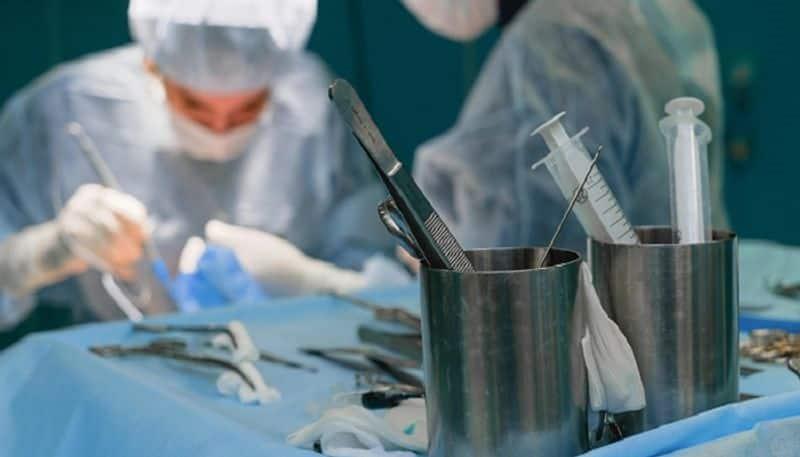
Public Health Facilities In India Falling Short Of Essential Standards: Govt Assessment Reveals
Covering over two lakh public healthcare facilities, including district hospitals, sub-district hospitals, community health centers, primary health centers, and Ayushman Arogya Mandirs (formerly sub health centers), the NHM aims to ensure quality healthcare delivery nationwide.
Karnataka: Relief for alcohol consumers as state government freezes liquor prices until further notice
However, only a fraction of these facilities participated in the assessment, with 40,451 providing crucial statistics through the Open Data Kit, a digital tool developed by the Ministry of Health.
Out of those assessed, a mere 20%-approximately 8,089 facilities-achieved a score of 80% or higher, qualifying them as IPHS (Indian Public Health Standards) compliant. This indicates that these facilities possess the necessary infrastructure, human resources, medications, diagnostics, and equipment required to deliver essential healthcare services effectively.
Disturbingly, 17,190 facilities (42%) scored below 50%, signaling significant deficiencies in critical areas. The remaining 15,172 facilities scored between 50% to 80%, indicating moderate adherence to IPHS standards.
The Ministry of Health has made these findings public on the IPHS dashboard, stressing the importance of real-time monitoring to ensure facilities maintain adequate standards.
'Match ke baad baat karte hai': Bride's father to 70 LPA earning groom during T20 WC IND vs ENG semis
A senior official highlighted ongoing efforts to make 70,000 health institutions IPHS compliant within the first 100 days of the new government's formation.
"The self-assessment exercise serves as a critical first step in identifying gaps and urging states/UTs to address them with full support from the Centre," explained the official. Future plans include surprise inspections to verify compliance claims against IPHS benchmarks.
While IPHS evaluates basic services, facilities are also assessed under National Quality Assurance Standards (NQAS) for best practices such as medicine availability, equipment maintenance, waste management, infection control, support services, and patient rights. Physical assessments will continue for higher-level facilities, while virtual assessments are introduced for Ayushman Arogya Mandirs.
Under the NHM, the Centre covers 60% of public health facility expenditures, with states funding the remaining 40%.
Controversy over Fahadh Faasil's film shoot at Angamaly hospital, Kerala Health Minister seeks explanation
Legal Disclaimer:
MENAFN provides the
information “as is” without warranty of any kind. We do not accept
any responsibility or liability for the accuracy, content, images,
videos, licenses, completeness, legality, or reliability of the information
contained in this article. If you have any complaints or copyright
issues related to this article, kindly contact the provider above.
















Comments
No comment